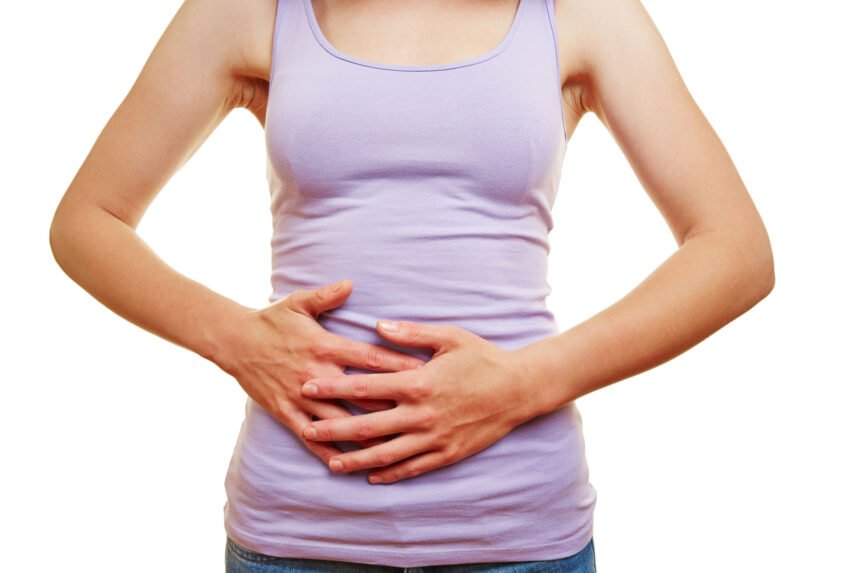The majority of people experience intestinal stress from time to time. The odd stomach ache, gas, indigestion, nausea, constipation, or diarrhea are typical. But when they happen frequently, it becomes an issue.
The proper metabolism of the meals you eat so the body can utilize them depends on the regularity of the digestive tract. Doctors frequently connect poor digestion to various causes. Numerous health problems could result from improper digestion of meals.
Constant belching, flatulence, and even an enlarged stomach are all possible symptoms. The discomfort may exacerbate the problem and aggravate the pain and discomfort in the stomach.
We frequently ignore indigestion, not realizing that it could quickly lead to some hazardous issues. Your health may suffer, leading to more severe conditions like gastro-esophageal reflux disease, duodenal ulcers, and gastric ulcers.
Dietary and lifestyle modifications may be used as treatments to improve metabolic health and the digestive system. Here are five tips to follow to boost your digestion and metabolism:
High Fiber Diet
Any medical expert will inform you that fiber is one of the most frequently advised therapies for digestive issues. The recommended 25 to 40 grams of fiber per day are significantly less common in diets than the average 10 grams.
Try substituting fiber-rich foods like beans, seeds, whole grains, fruits, and vegetables for refined carbohydrates like white bread and pasta until at least three-quarters of your diet consists of these things.
A fiber-rich diet can assist in preventing or treating several digestive disorders, such as hemorrhoids and irritable bowel syndrome, as well as constipation by keeping food moving through your digestive tract (IBS). It can also assist you in attaining or maintaining a healthy weight.
Both soluble and insoluble fiber should be a part of our diets. Because insoluble fiber, commonly referred to as roughage, cannot be digested by the body, it contributes to the feces’ added volume. Soluble fiber draws in water from wastes to avoid having too-watery stools.
Vegetables and whole grains are excellent sources of insoluble fiber. Nuts, seeds, and legumes are all sources of soluble fiber.
Regular Exercise
Maintaining a regular exercise routine will aid in keeping your digestive system moving. Gravity assists food movement through the digestive system when one is upright and active. For instance, a leisurely walk around the neighborhood can help with constipation, bloating, and sensations of fullness.
Additionally, exercise boosts our blood flow and metabolism. The muscles in the digestive system receive more blood when you exercise, which aids in moving food through the digestive system.
Healthy digestion can be supported by moderate exercise. Maintaining a healthy weight is another benefit of keeping active for your digestive system. Make it a point to schedule regular exercise into your week.
Green Tea
Research has established that green tea increases metabolism and fat burning. The best greens powder has a lot of health benefits, including improving digestive health.
When paired with exercise, some green tea can help your body turn some of the fat stored into free fatty acids, enhancing fat burning.
Consuming these teas may help with weight loss and weight control because they are low in calories. The finest of these products contain polyphenols, enhancing your body’s digestive function. Drinking green tea frequently makes it easier for your body to digest meals.
Some teas have anti-inflammatory and bloat-reducing effects. These teas can assist with natural stomach cleansing. A person should speak with a doctor to ensure that a new diet or supplement is good for them.
Hydration
A lack of fluid consumption frequently causes constipation. To avoid constipation, experts advise drinking a lot of water every day. However, you could require more if you work out often or live in a warm climate.
Herbal teas and other non-caffeinated beverages can help you achieve your fluid requirements. Water and rich fiber together will improve how effective your digestive system is.
The majority of medical professionals advise consuming eight glasses a day. You are welcome to experiment with this amount to determine whether your body needs more water than is recommended because each person’s body may have different needs.
Probiotics and Prebiotics
Probiotics are good bacteria and yeasts already found in your digestive system.
Probiotics can improve nutritional absorption, possibly aid in lactose digestion, boost immunological function, and may even be used to treat intestinal inflammation. They also work to counteract the adverse effects of stress, antibiotics, and lousy food on the body.
Prebiotics, on the other hand, is a type of complex carbohydrate or fiber that your body cannot digest but is utilized to nourish the good bacteria in your stomach.
Unfortunately, most individuals do not consume enough prebiotics, which can result in excess dangerous gut bacteria, affecting digestion and metabolism.
Prebiotics are essential to digestion.
Prebiotics boost nutrient absorption and encourage the development and growth of beneficial bacteria in the intestinal tract.
Wrapping Up
Mild digestive issues may improve from home remedies, including changing one’s diet by including or excluding particular foods and exercising.
However, more significant problems might necessitate medical care. Anyone who suddenly develops unanticipated digestive issues should see a doctor for a diagnosis and the best course of management for their symptoms.

